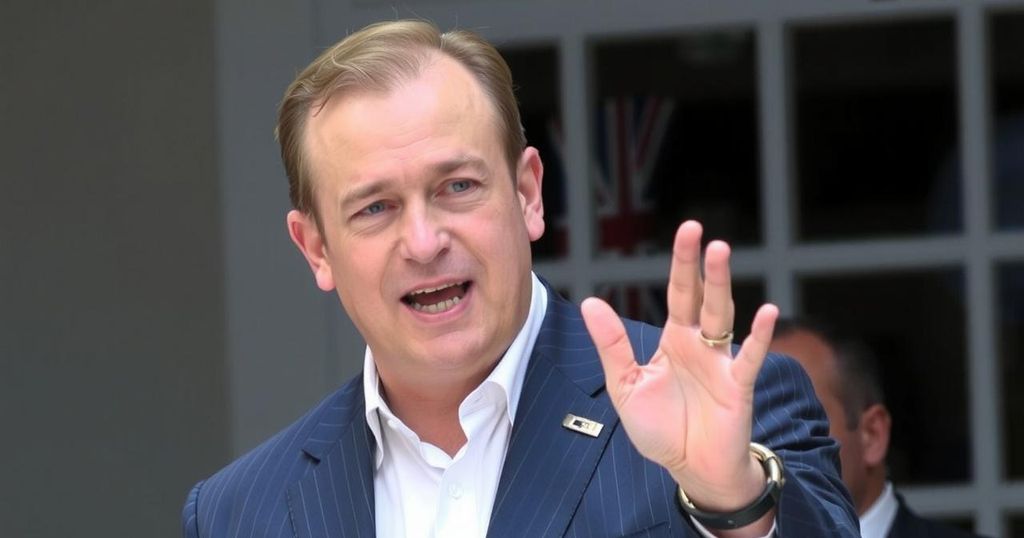Zoran Milanović Advances to Second Round in Croatia’s Presidential Election

Incumbent President Zoran Milanović leads Croatia’s presidential election with 49.1% of the vote, advancing to a runoff against Dragan Primorac of the HDZ, who received 19.35%. The second round will occur on January 12, as Milanović emphasizes unity and collaboration despite existing political tensions. The electoral turnout was 46%, with significant public interest in the candidates’ contrasting programs.
Incumbent President Zoran Milanović emerged as the frontrunner in the initial round of Croatia’s presidential election held on December 29, securing 49.1% of the vote, according to results released by the State Electoral Commission (DIP). Although he garnered the highest support, he did not achieve the necessary majority, prompting a second round where he will face Dragan Primorac, the candidate representing the ruling Croatian Democratic Union (HDZ), who received 19.35%. Marija Selak Raspudić, an independent candidate, trailed with 9.25%. The runoff is scheduled for January 12.
The Croatian presidency, primarily a ceremonial office, holds influence over foreign policy, defense, and security discussions. Throughout his tenure, President Milanović has actively criticized the current government led by Prime Minister Andrej Plenković. Despite his adversarial stance, he expressed a willingness to collaborate with the government, emphasizing a united approach during these uncertain times. “I will fight for a Croatia with attitude … a Croatia which cares about its interests,” he remarked to his supporters, projecting confidence in an impending victory.
Approximately 3.8 million eligible voters participated in the election, with a turnout of 46%. As he prepares for the second round, Primorac aims to consolidate support from right-wing constituencies to enhance his prospects. He stated, “My programme offers everything that Croatia needs – unity, a better life, a care for the youth … a care for pensioners.” Despite being labeled as populist, Milanović is regarded by many as the effective opposition to a government plagued by corruption allegations, as evidenced by the departures of 30 ministers in recent years.
The Croatian presidential election is a significant event in the nation’s political landscape. While the presidency is mostly ceremonial, it remains pivotal in shaping Croatia’s foreign policy and defense strategies. The electoral process involves multiple candidates from diverse political backgrounds, allowing the electorate to express their preferences through direct voting. This election marks a crucial moment for the country, especially amidst growing public discontent with the ruling party’s handling of governance and corruption issues.
In summary, Zoran Milanović will advance to the second round of the Croatian presidential election after securing the highest vote percentage in the first round yet falling short of a majority. His primary opponent, Dragan Primorac, seeks to rally additional support for the runoff. The election highlights the political tensions in Croatia, with widespread concerns over government integrity and a push for change led by Milanović amidst calls for unity and improved living conditions from conservative factions.
Original Source: www.euractiv.com








